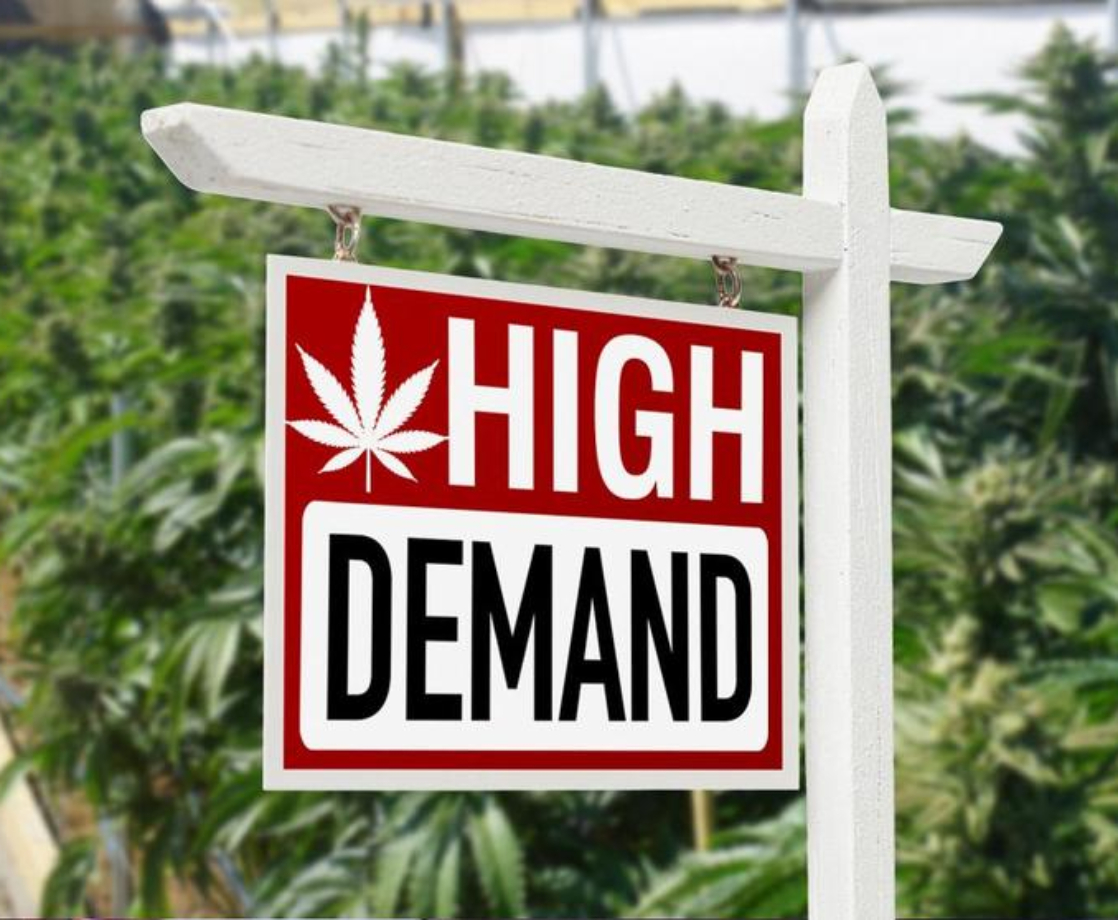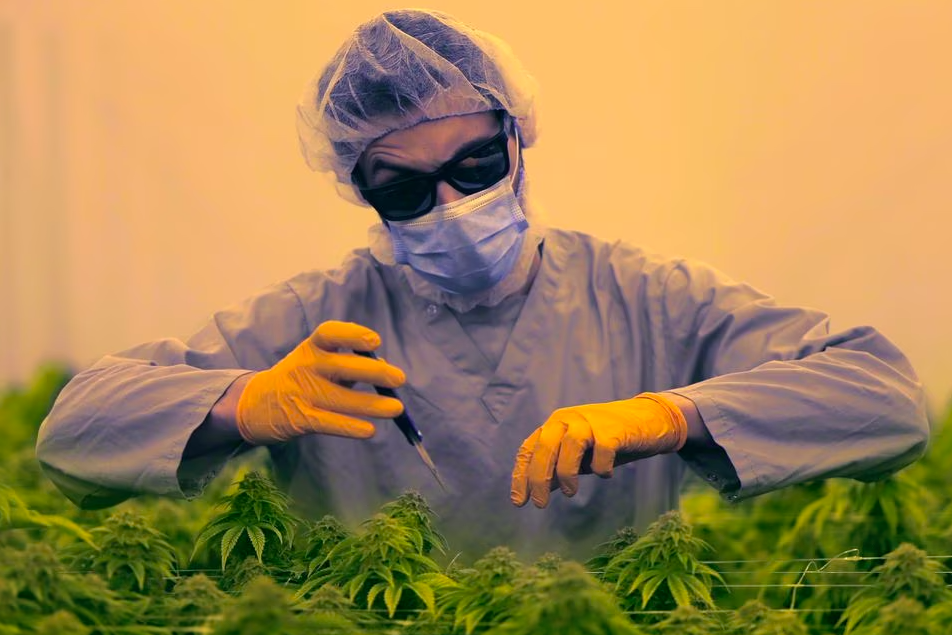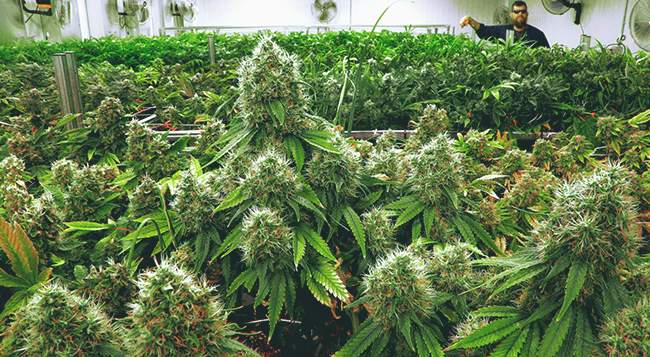Does legalizing marijuana ruin local housing markets? That depends on where you live and how, exactly, your home’s value was impacted by weed.
On Tuesday, the National Association of Realtors released a report where it asked nearly 3,700 real estate agents in cannabis reformed states (medical, recreational, or both) if legalization affected their businesses.
The Chicago Tribune reported on this study with the headline, “Smells impacting sales, rules against growing: How the real estate market is influenced by legal marijuana,” which suggests that housing markets are taking a hit due to the dank funk of primo skunk. Meanwhile, SFGate’s reporting on the same survey posed a question: “Is Legal Marijuana Getting Local Real Estate Markets High — or Is It a Buzzkill?” The truth resides somewhere in between the (head)lines.
It’s important to note that this realtor survey depended entirely on the realtors’ perceptions of cannabis law reforms on their businesses and did not include real-world data from the realtors’ locations.
Here’s what the survey found, in a nutshell. Yes, legal weed can lower an individual property’s value if an amateur grew weed on said property. And, if you know anything about growing weed, you also know that screwing up a house is easy to do, especially if you’re trying to grow a lot at once. Novices often end up growing more mold in their homes than they do quality pot, and a janky hydration or electrical system can cause serious water or fire damage. And, yeah, on top of that, the weed smell is difficult to remove from the walls, ceilings, and carpets, too.
According to the survey, 29 percent of realtors said they had a rough time selling homes that a previous tenant turned into a grow op. And the lingering smell of bud was the main reason why.
However, the overwhelming majority of survey responses — averaging about three-fourths per question — said that legalization didn’t affect real estate values, at all. Meanwhile, a minority of realtors saw property values decrease near dispensaries and grow warehouses in legal states. And a roughly equal minority of respondents said that property values increased near pot shops and grow sites after legalization. That’s where things get interesting.
Previous studies on property values in weed-legal states mostly support that latter finding. In 2018, two economists at Colorado State University at Fort Collins looked at housing prices in the Denver area before and after recreational weed sales started in 2014. They found that, on average, housing prices increased 7.7 percent, with a greater chance of increase the closer the home was located to a pot shop. However, that increase is based on an overall average: Some homes saw greater than 7.7 percent increases in value while others lost their values after legalization.
So, there you have it: As with all studies related to marijuana, the science is still young. It’s going to take time for analysts to draw solid conclusions, which generally requires about 10-years’ worth of quality data. But hey, we’ve only got four more years to go before Washington State and Colorado hit that magically-mathematical decade mark.











